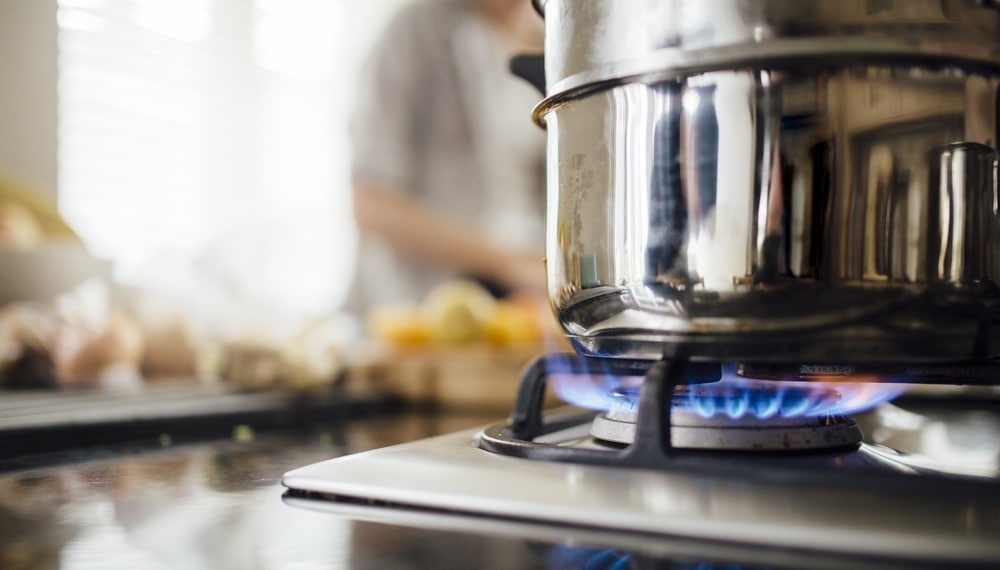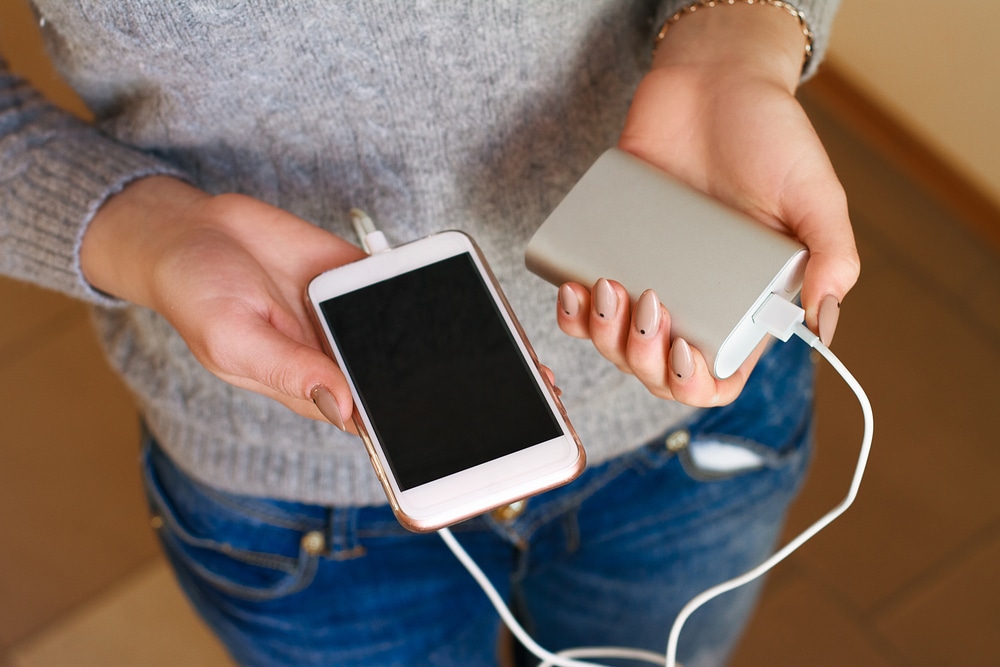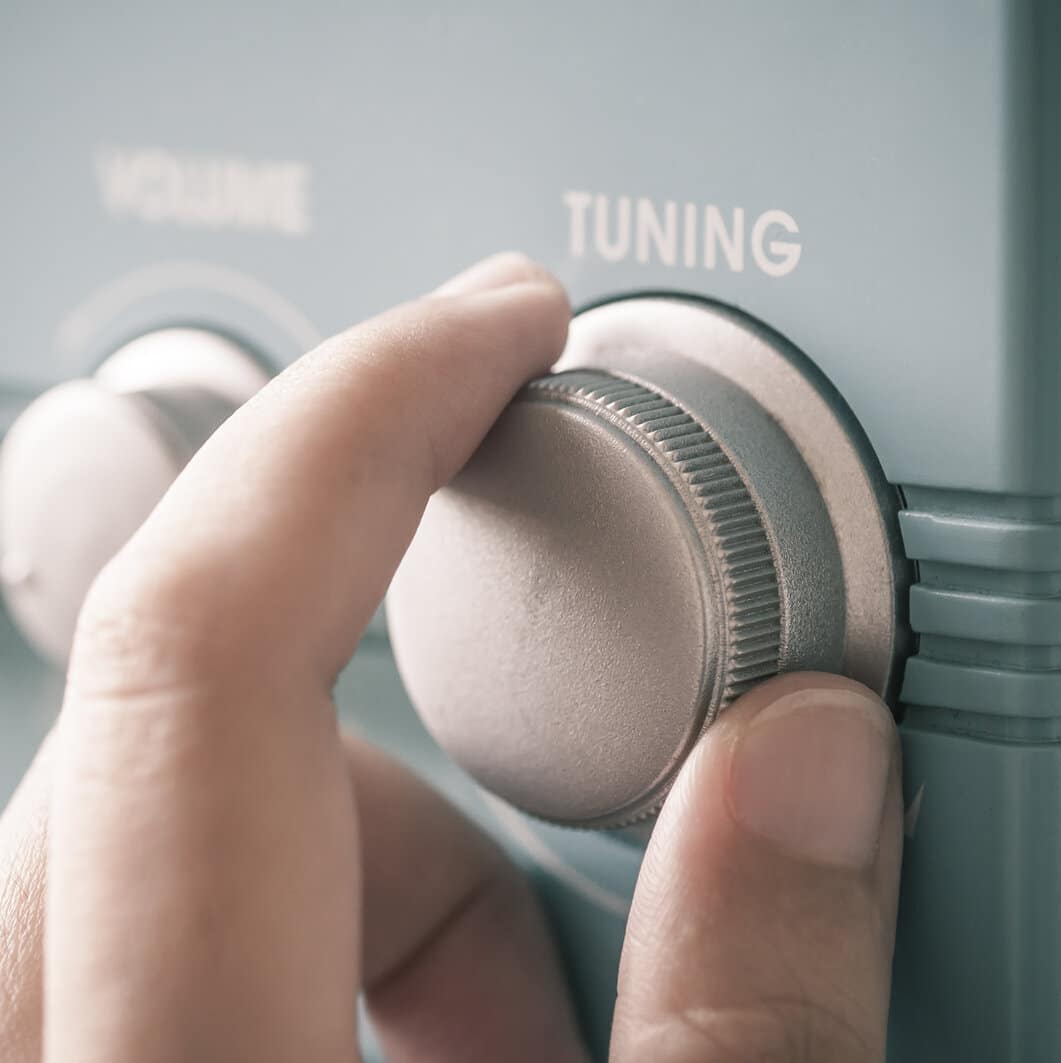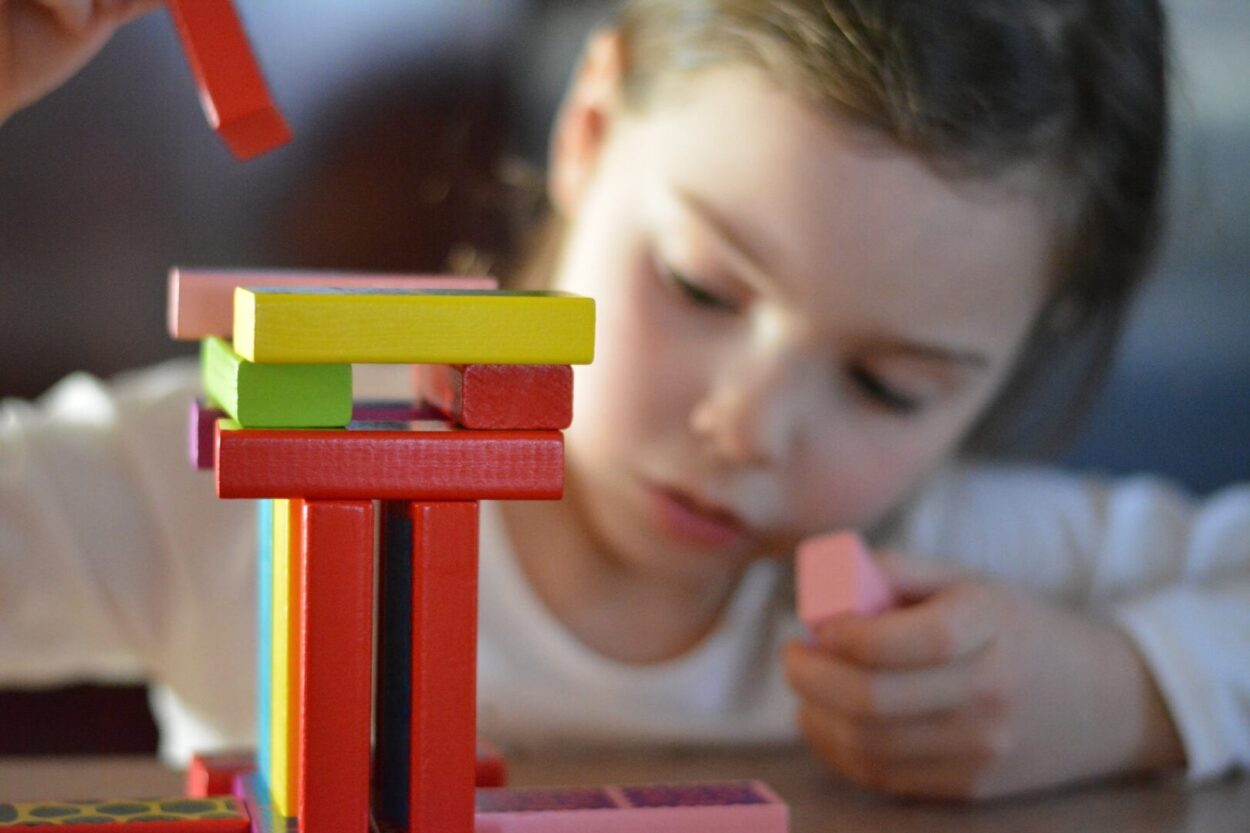Jasmine Birtles
Your money-making expert. Financial journalist, TV and radio personality.


Blackouts have become a topic of conversation in the UK for the first time in decades. Not since the early 1970s have we had to worry about planned power cuts. The National Grid is saying it is unlikely to happen, but we could see our power shut off for hours at a time this winter.
If blackouts do become a reality, they would most likely happen between 4pm and 7pm. The trigger would be a cold snap (cold weather means we use more energy to stay warm). Some reports are suggesting that in the worst-case scenario, power could go off for up to 5 hours at a time and even be scheduled for the mornings too.
Should they happen, the power cuts would be rotated so that different parts of the country would be affected at different times and on different days. We would also be alerted in advance about blackouts by text message and announcements on national TV and radio.
The National Power cut helpline is 105 on your mobile or 0800 31 63 105 on the landline (if it’s working).
Here at MoneyMagpie, we believe that it’s better to be prepared than to be caught out. We’ve put together some information, handy tips and a prepping list for you.

It may seem obvious, but we take so many of our appliances and gadgets for granted, it’s easy to forget that they won’t work during a blackout. In fact, it’s really important to turn off as many things as you can at the wall to prevent damage from power surges when the power goes back on.
Your lights won’t work. It’s best to turn them all off (including lamps) but leave one on (maybe in the hall or on a landing) so that you know when the power is back on.
Remember a power cut will turn off your boiler. It’s a good idea to dig out your boiler manual to find out how to reset it after a blackout. (We’ve got tips on how to stay warm later in the article.)
The bottom line is that almost nothing in your kitchen will work during a blackout. That includes toaster, kettle, microwave, fridge, freezer, oven. The only thing that should still work is a gas hob, but you will need to light it with a lighter or matches, so make sure you keep some to hand.
Fridges and freezers will keep cool for a long time – especially if you keep the doors closed. Consolidate food in the same drawer in the freezer – things will stay frozen longer when put with other frozen items.

Although landlines shouldn’t be affected, providing nothing has happened to bring the phone network down, only traditional plug-in landline phones would work during a blackout. Cordless phones would not work because the base station needs to be plugged in. Most of us will need to rely on our mobile phones.
Your TV (and any connected gadgets or things like games consoles) will not work and should be unplugged during a blackout.
Digital radios won’t work. However, you might want to invest in a battery powered radio as information will be broadcast on national FM radio stations such as BBC Radio 2 and 4.
There will be no wi-fi available during a power cut. The 3g and 4g mobile cellular networks should still be working though, however you may end up asking the same question: ‘Why is my 4g so slow?’
During the winter months it gets dark earlier and earlier meaning that any blackouts in the late afternoon and evening will happen in the dark. The streetlights will go out. This can be quite a shock for anyone used to the streets being lit at all times (anyone who lives in the countryside will be more used to this level of darkness).

Dress warmly in several layers, wear a hat and gloves and keep a blanket or two to hand. Put some warm socks on and wear your slippers. You can reduce heat loss by only using one room, keeping the door and curtains closed. Block any drafts with cushions or spare blankets or towels. If it’s really cold and you have them, use a sleeping bag to keep warm.
An hour before the blackout starts, fill some hot water bottles and put them under the blankets so they retain their heat for longer.
When the lights go out, we think torches are better than candles. If you do use candles, make sure you stand them on a sturdy surface – never the carpet and away from anything flammable. Don’t put them where they might get knocked by children or pets. Don’t leave them unattended.
If you work from home, be sure to back up your work regularly – if you lose track of time and the power goes off suddenly you could lose your documents, especially if you are using a desktop computer that won’t go into battery mode like a laptop would.
Use a cool box and ice packs (if you have one) to keep things like milk cold to avoid opening the fridge.
Download films and tv shows to your device or tablet to watch when the wi-fi is down.
If you have electric garage doors or gates, find out how to open them manually.

We’ve done lots of research on the things you really need to have in your house or flat during a blackout and a list of what could be useful (but not vital):
Make sure that you have:

Blackouts are a worst case scenario. We all hope they won’t happen but it pays to be prepared. If the government announces that they are going ahead with power cuts they won’t happen without warning. Spend the day (or the day before) getting prepared and making sure you have what you need to stay warm, stay fed and stay safe.
Make sure your torches are working, your portable chargers are charged, you have some spare batteries, some hot water in flasks, maybe make a round of sandwiches and get some snacks in. We can all get through this as long as we plan ahead.
Let us know if you have any other top tips in the comments below.
